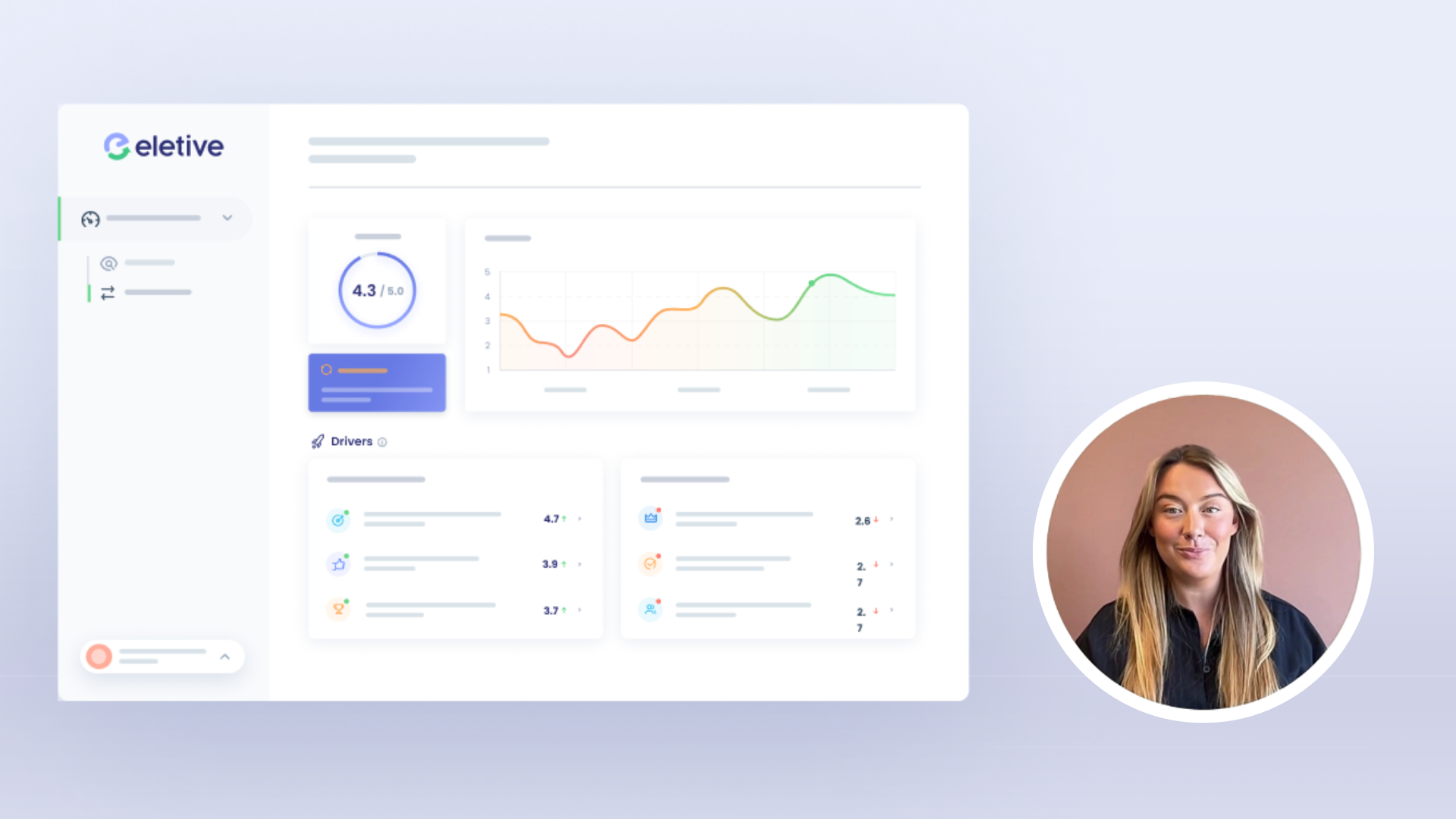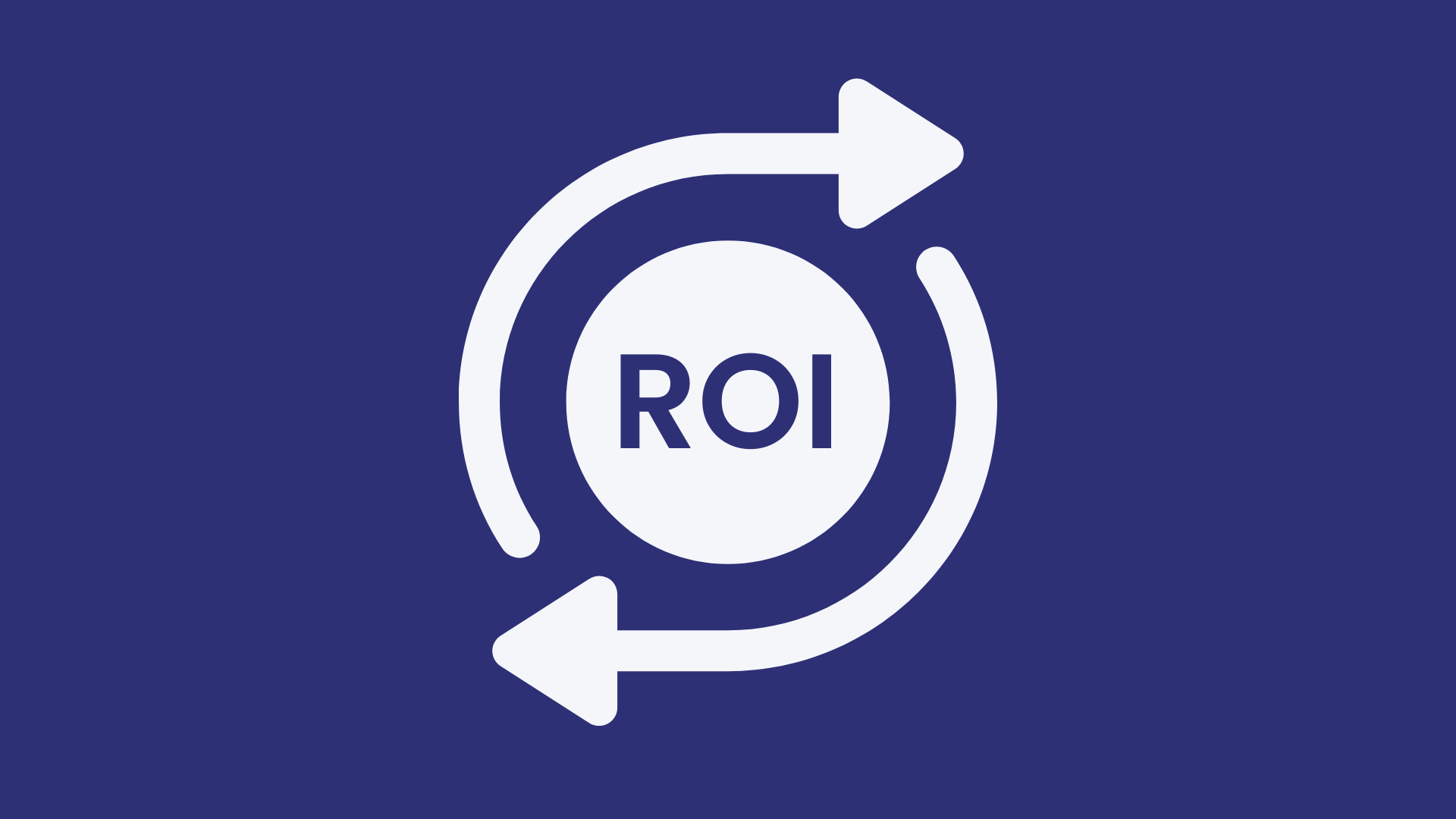There are many different models and frameworks for supporting individuals in achieving their goals and making positive changes in their lives. One popular and highly efficient apporach is the GROW coaching model.
In this article, we will provide a comprehensive guide to the GROW coaching model, exploring its benefits, stages, goal-setting process, progress evaluation, challenges, the coach's role, and tips for maximising results. Additionally, we will discuss how the Eletive platform can assist you in implementing the GROW coaching model effectively.
What is the GROW Coaching Model?
The GROW coaching model is a simple yet powerful coaching framework that helps individuals clarify their goals, identify obstacles, and create an action plan to achieve desired results.
Developed by Sir John Whitmore, Graham Alexander, and Alan Fine, GROW is an abbreviation that stands for:
Goal
Reality
Options
Will
These four elements form the foundation of the GROW coaching model:
1. Goal: The first stage of the GROW coaching model is defining the goal. The coach works with the individual to establish a clear and specific objective that aligns with their overall vision and aspirations. By setting a goal, individuals gain clarity and focus on what they want to achieve.
2. Reality: Once the goal is defined, the coach explores the individual's current reality. This involves assessing the current situation, understanding any limitations or challenges that might hinder progress, and identifying strengths and resources available. By gaining a realistic understanding of the present, individuals can better determine the necessary steps to move forward.
3. Options: During the third stage of the GROW coaching model, the coach and individual explore various options and strategies to overcome challenges and achieve the goal. This stage encourages creativity and innovative thinking, where individuals brainstorm different solutions and consider alternative perspectives to expand possibilities.
4. Will: The final stage of the GROW coaching model focuses on commitment and action. The coach supports the individual in developing a plan of action and setting milestones to measure progress. By establishing specific actions, individuals gain momentum and accountability, increasing their likelihood of achieving the desired outcome.
Benefits of the GROW Coaching Model
The GROW coaching model offers numerous benefits for both coaches and individuals seeking personal or professional development. Educating managers in the GROW Coaching Method will improve their coaching skills and allow them to lead fruitful coaching conversations with employees.
Clarity: The GROW model provides a structured coaching approach that helps individuals gain clarity regarding their goals and desired outcomes.
Accountability: By setting specific actions and milestones, the GROW model promotes accountability, ensuring individuals remain committed to their goals.
Empowerment: The GROW model encourages individuals to tap into their own resources, enabling them to develop solutions and make decisions that align with their values and priorities.
Progress monitoring: With the GROW coaching model, individuals can regularly assess their progress, making adjustments and modifications as necessary.
GROW-Coaching-Model-Guide:format(jpeg)/f/288714721386412/c8aa2c3d90/visual_chart_page_iteration_6.jpg)
Understanding the 4 Stages of the GROW Coaching Model
Now, let's delve deeper into each stage of the GROW coaching model, examining their significance and how they contribute to the overall coaching process.
Goal
The goal-setting stage is crucial as it provides direction and purpose for the coaching relationship. By clearly defining the desired outcomes, individuals and coaches can develop strategies and action plans to work towards achieving them.
During this stage, it's essential to ensure that goals are SMART – specific, measurable, attainable, relevant, and time-bound. This ensures that goals are clearly defined and can be effectively tracked and evaluated.
Reality
Once goals are established, it's important to assess the current reality of the individual. This involves identifying the strengths, resources, and potential barriers or challenges that may impact progress.
The reality stage enables individuals to gain a realistic understanding of their starting point, which helps them acknowledge the gaps between the desired future state and the present situation. By recognising these gaps, individuals can effectively plan strategies to bridge them.
Options
During the options stage, coaches and individuals explore various pathways and possibilities to overcome challenges and achieve the desired goal. This stage encourages brainstorming, innovative thinking, and considering different perspectives.
By generating multiple options, individuals can expand their thinking and discover alternative solutions. The options stage fosters creativity and widens possibilities, allowing individuals to consider strategies they might not have initially thought of.
Will
In the final stage of the GROW coaching model, the focus shifts towards developing a plan of action and committing to specific steps to achieve the goal. This stage emphasizes accountability and proactive decision-making.
With the coach's support and guidance, individuals create a detailed action plan that outlines the necessary actions, timelines, and milestones. The will stage ensures individuals have a clear roadmap to follow and remain focused on their progress.
Eletive-employee-engagement-goals
Setting goals with the GROW coaching model
In the GROW coaching model, goal-setting plays a central role in providing direction and purpose. Here are a few key considerations when setting goals using the GROW coaching model:
Ensure goals are specific, measurable, attainable, relevant, and time-bound (SMART).
Encourage individuals to focus on goals that align with their values and long-term vision.
Break larger goals into smaller, manageable milestones to track progress effectively.
By following these guidelines, individuals can set goals that are compelling, realistic, and actionable, ensuring a higher chance of success.
Evaluating progress with the GROW Coaching Model
Monitoring progress is an essential component of the GROW coaching model. By regularly evaluating and assessing progress, individuals can make the necessary adjustments and modifications to stay on track towards achieving their goals. During progress evaluations, it is crucial to:
Review milestones and the progress made towards each one.
Celebrate successes and acknowledge achievements along the journey.
Identify any challenges or obstacles that may be hindering progress.
Adjust action plans if needed based on the feedback and insights gained.
Overcoming challenges with the GROW Coaching Model
While using the GROW coaching model can be highly effective, individuals may encounter challenges along the way. Here are a few strategies to overcome common obstacles:
Lack of clarity: Revisit the goal-setting stage to gain a clearer understanding of the desired outcome.
Inconsistent progress: Assess the action plan and make adjustments if needed. Break larger tasks into smaller, more manageable steps.
Lack of motivation: Reconnect with the underlying values and reasons behind the goal to reignite motivation. Find accountability partners or seek support from a coach or mentor.
The role of the coach in the GROW Coaching Model
The coach plays a vital role in the GROW coaching model, supporting individuals in their journey towards achieving their goals. Some key responsibilities of the coach include:
Creating a safe and non-judgmental space for individuals to explore their goals and aspirations.
Asking powerful questions that encourage reflection and insight.
Challenging limiting beliefs and assumptions that may hinder progress.
Providing guidance and support in creating action plans and setting realistic milestones.
Coaches act as accountability partners, motivators, and sounding boards, empowering individuals to tap into their potential and make meaningful changes in their lives.
The GROW coaching model: Tips and best practices
Here are some tips and best practices to enhance the effectiveness of the GROW coaching model:
Active listening: Cultivate active listening skills to understand individuals' needs, challenges, and aspirations fully.
Powerful questioning: Use thought-provoking questions that encourage individuals to reflect, explore possibilities, and deepen their understanding.
Flexibility: Adapt the GROW coaching model to suit the unique needs and preferences of individuals.
Celebrate success: Recognise and celebrate individuals' achievements and milestones to foster motivation and self-confidence.
By incorporating these tips, coaches can create a supportive coaching environment that maximises the potential for positive change and growth.
Maximising results with the GROW Coaching Model
To maximise results when applying the GROW coaching model, consider the following:
Consistency: Engage in regular coaching sessions to maintain momentum and progress.
Integration: Encourage individuals to apply learnings and insights from coaching into their daily lives and routines.
Reflection: Allocate time for reflection and self-assessment to monitor progress and identify areas for improvement.
By staying consistent, integrating coaching principles, and fostering self-reflection, individuals can optimize the benefits derived from the GROW coaching model.
How Eletive can help you implement the GROW coaching model
Eletive is a cutting-edge People Success Platform that facilitates the implementation of the GROW coaching model. With our user-friendly interface and powerful features, Eletive streamlines the coaching process, enabling individuals and coaches to collaborate effectively.
Some key features of Eletive include:
Goal setting: In Eletive, goals can be specified on the individual level, as well as the team, department, and organisational level.
Progress tracking: Eletive makes it easy to monitor progress, track milestones, and send automated reminders to help employees stay on track towards the goals.
Automated employee surveys: Eletive provides an easy-to-use employee engagement platform for regularly gauging the employee experience in the organisation and gathering valuable employee feedback.
Data analysis: The Eletive platform offers advanced data analysis capabilities, providing individuals and coaches with valuable insights into their progress and areas for improvement.
One-on-one meetings: Eletive provides a complete toolkit for successful one-on-one meetings, including everything from scheduling and agenda templates to private and shared notes.
By leveraging the features provided by Eletive, organisations can harness the full potential of the GROW coaching model, optimising their employee experience and helping individuals reach their goals.
Recommended reading: Template for 1:1 staff meetings with example questions
In summary
The GROW coaching model is a versatile framework that empowers individuals to clarify their goals, overcome challenges, and take decisive action towards personal and professional growth. By following the four stages of Goal, Reality, Options, and Will, individuals can develop a clear roadmap for success.
With the support of a skilled coach and utilising the Eletive platform, organisations can help employees increase their self-leadership and maximise the potential of the GROW coaching model.
:format(png)/f/288714721386412/8bc74e1c86/ewebinar__1_.png)
Increase engagement with Eletive



























:format(jpeg)/f/288714721386412/3ba177e942/blog-the-grow-coaching-model-a-complete-guide-hero_media.jpg)
/f/288714721386412/175595cedb/okr_doghnut.svg)
:format(jpeg)/f/288714721386412/1280x720/94229f239a/blog-11-best-people-analytics-tools-in-2026.jpg)
:format(jpeg)/f/288714721386412/e490991a3d/blog-employee-feedback-software-hero_media.jpg)
:format(png)/f/288714721386412/1200x675/4bf26615f3/virtual-hr-event-people-success-2026.png)